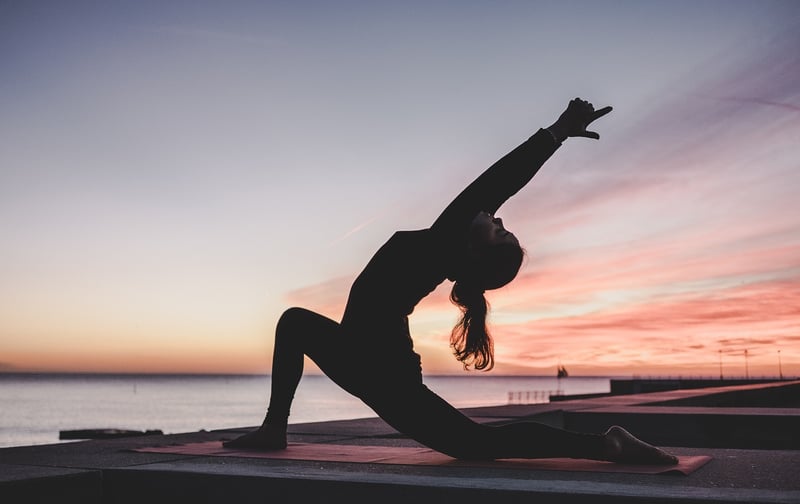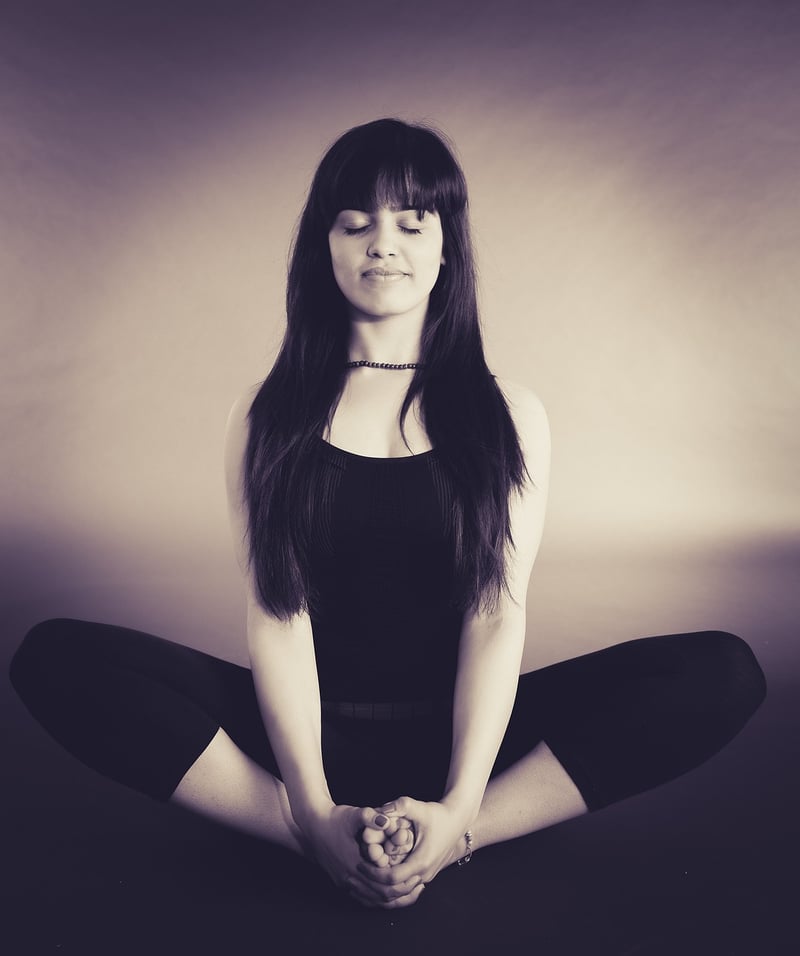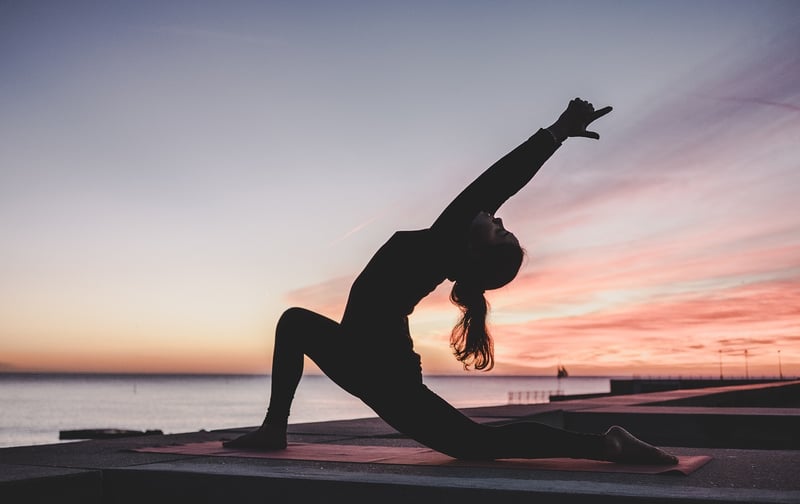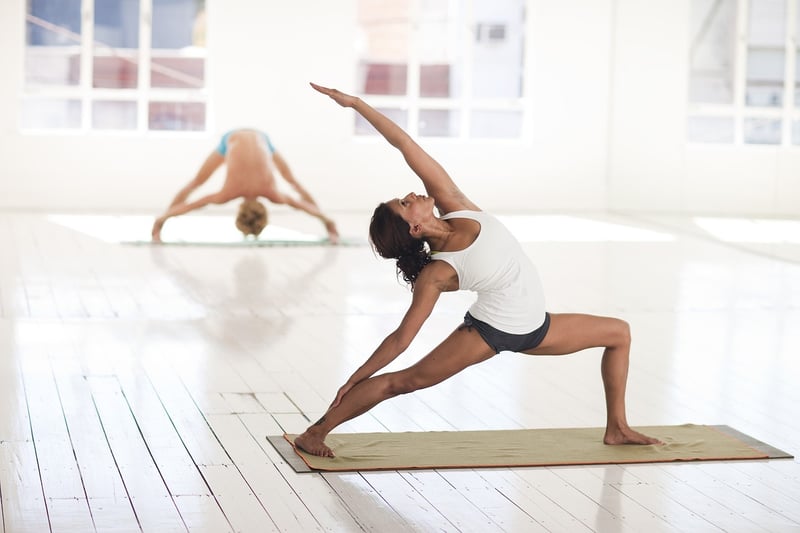Pranayama Techniques
Exercises for Conscious Breathing and Pranayama Techniques
Welcome to our guide on exercises for conscious breathing and Pranayama techniques. Breathing consciously has numerous benefits for both the body and mind, and incorporating Pranayama practices into your routine can enhance these benefits. Let's explore some effective exercises and techniques to improve your breathing and overall well-being.
1. Diaphragmatic Breathing
Diaphragmatic breathing, also known as belly breathing, involves breathing deeply into your belly to engage the diaphragm fully. This technique helps reduce stress and improve oxygen flow in the body.

2. Box Breathing
Box breathing is a simple technique that involves inhaling, holding the breath, exhaling, and holding the breath again, all for equal counts. This practice helps calm the mind and improve focus.

3. Alternate Nostril Breathing (Nadi Shodhana)
Nadi Shodhana is a Pranayama technique that involves breathing through alternate nostrils. This practice helps balance the left and right hemispheres of the brain, promoting mental clarity and relaxation.

4. Kapalabhati Breathing
Kapalabhati is a breathing technique that involves short, powerful exhales and passive inhales. This practice helps cleanse the respiratory system and increase energy levels.

5. Ujjayi Breathing
Ujjayi breathing, also known as ocean breath, involves gently constricting the back of the throat while breathing deeply through the nose. This technique helps build heat in the body and improve concentration.

By incorporating these exercises and Pranayama techniques into your daily routine, you can experience improved breathing, reduced stress, and enhanced overall well-being. Remember to practice these techniques regularly to reap the full benefits. Happy breathing!
Disclaimer: Please consult with a healthcare provider or a certified yoga instructor before starting any new breathing exercises or Pranayama techniques, especially if you have underlying health conditions.
